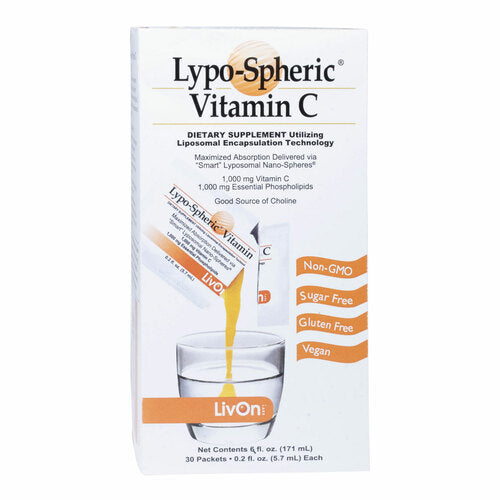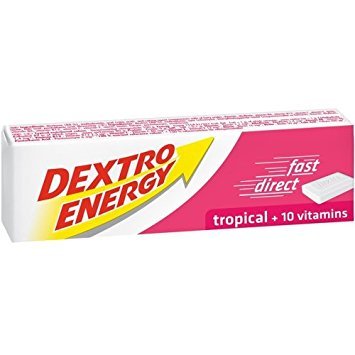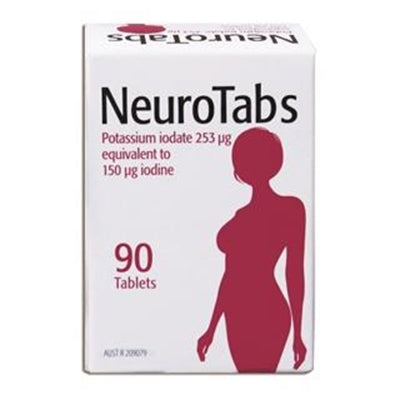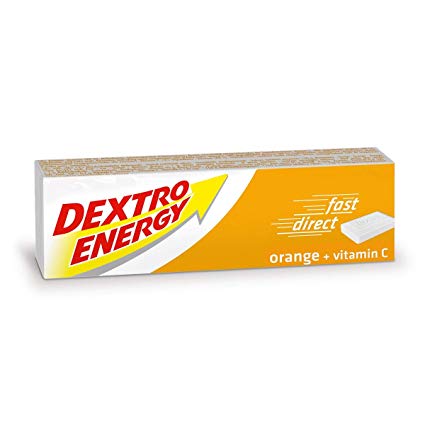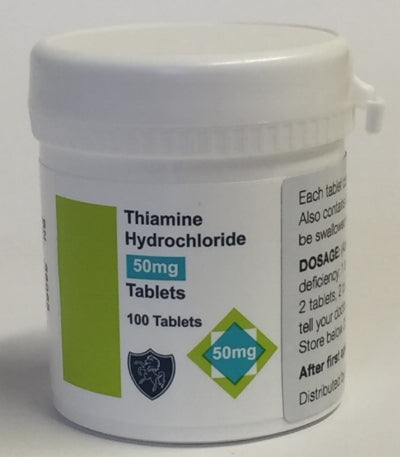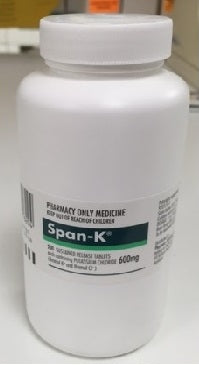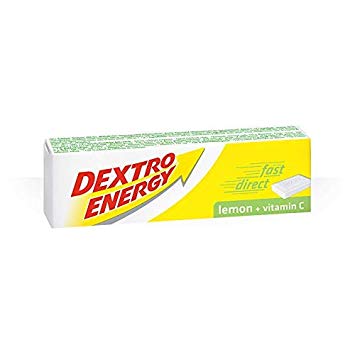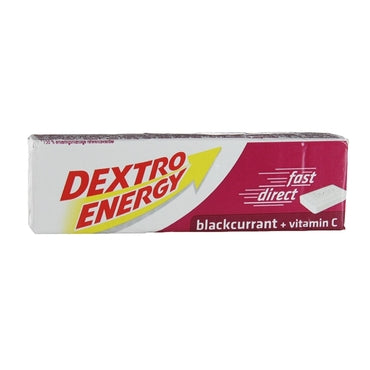You have no items in your shopping cart.
Provides 20 important nutrients in total including a daily dose of:
- Low-constipation, low-nausea iron
- 720 IU of vitamin D3
- 500 µg of folic acid to support healthy development of baby's nervous system - especially during the early stages of pregnancy
- 150 µg of iodine for baby's brain, visual motor skills and hearing development
- Odourless and concentrated fish oil, rich in DHA for baby's brain, eyesight and nervous system development
- Now in a smaller capsule
When pregnant, maintaining a healthy lifestyle is more important than ever.
A healthy diet and lifestyle optimises a mother’s wellbeing and that of her baby, and also helps prepare a mother for labour.
All nutrients are important during pregnancy and breastfeeding. The following provides additional information on some nutrients important during pregnancy and breastfeeding.
Iron - Pregnant women and new mums commonly feel fatigued. Healthy iron levels are important in pregnancy to help support energy levels. Iron is necessary for formation of haemoglobin in red blood cells, which transports oxygen to the tissues.
Many New Zealand women of reproductive age have dietary intakes of iron below the RDI. Low iron levels are common during times of increased iron requirement due to growth and increased blood volume, such as pregnancy. However, approximately one quarter of pregnant women report getting constipated when taking high doses of supplemental iron.
Iron bisglycinate is a low constipation, low nausea form of iron that is well tolerated and gentle on the digestive system. This form of iron has been shown to be more bioavailable than some other forms of iron including ferrous sulphate, when taken with food.
Iodine - Iodine is essential for the production of thyroid hormones, which in turn, are critical for the development of baby’s brain, visual motor skills and hearing. Iodine supports the development of normal intelligence and IQ. Requirement for iodine is increased during the whole pregnancy, especially the first 20 weeks.
In New Zealand, widespread iodine deficiency has led the Ministry of Health to recommend iodine supplementation of 150ug to pregnant and breastfeeding women
Folic acid – Folic acid (also known as folate) plays a role in the synthesis of genetic material (DNA and RNA), and is required for cellular division. Foetal cells undergo constant cell division, so women require increased levels of folate during pregnancy, and especially in the early days after conception, which are critical for the healthy development of baby’s nervous system
In the early weeks of foetal development, folic acid plays an essential role in the formation and closure of the neural tube which becomes the brain and spinal cord.
Omega-3 fatty acids - Fish oil is a natural source of the omega-3 fatty acid DHA. DHA is essential for normal development of the baby’s brain, nervous system and eyesight. DHA supports more sound sleep in newborns.
During pregnancy there can be an increased sensitivity to tastes, especially in the first trimester. Odourless fish oil means pregnant women can get the benefits of omega-3s without the fishy aftertaste.
B group vitamins - B vitamins support cellular energy production, with vitamins B1, B2, B3, and B5 all involved in cellular energy production. Vitamins B2 and B12 help the body use folic acid.
Vitamin D - Vitamin D supports the development of healthy bones and teeth.
A systematic review of nutrient intakes in pregnant New Zealand women found intakes were below recommended levels for vitamin D3, while surveys of New Zealand populations have shown approximately 40-57% of neonates have insufficient vitamin D levels and that breastfed infants are at an increased risk of vitamin D insufficiency. Breast-feeding remains the natural way to provide nutrients to babies and contributes to optimal short and long term health for mother and baby.
Zinc, vitamins C & D and betacarotene for immune health support.
Free Shipping for orders over $50. Under $50 shipping costs $5.
Delivery time:
2-7 business days. Rural areas 2-4 extra days.
Insurance & signatures:
Parcels are only insuranced if signature is selected. You can select no signature required but the parcel won't be insured in case of loss or theft.
Delivery address:
Work address or PO boxes prefered so the package can be signed for. Or home address if you'll be home.








